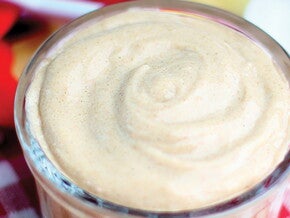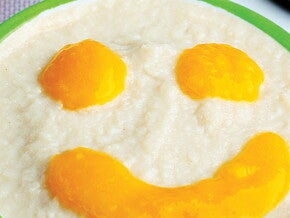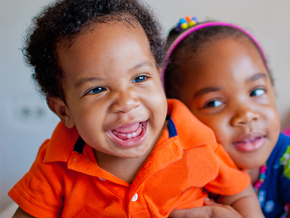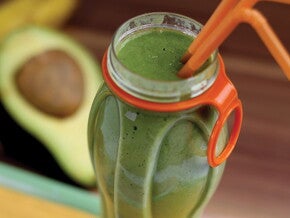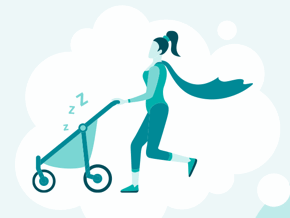
Key Concepts Covered:
Month 7: Make More Moves
Month 8: Work On Coordination Month
Month 9: Open Lines of Communication
Month 7 – Make More Moves
Your baby could even be able to sit without your help, which means it may not be long before she’s rocking and rolling, even crawling. Standing, too? She’ll try on her own, especially when you have her sitting on her bum.
Of course, you want to stay involved, so:
- Play active games. (Peek-a-boo, pat-a-cake and more!)
- Stimulate thinking skills and vocabulary (Thanks, word and rhyming games).
- Introduce musical games. (She’ll be fascinated!)
- Expose your baby to lots of soothing classical music (Bring on the calm).
- Offer up toys she can bang, poke or clang together.
- Keep any toys with parts she might swallow, well out of reach.
Of course, you want to stay involved, so:
- Stretch her body or bounce up and down while you hold her.
- Reach for a toy with one hand instead of two.
- Get upset if you take a toy away, as she starts to grasp that "no toy = no play".
- Identify what you're feeling by the tone of your voice.
- Start to eat finely chopped or minced finger food on her own. (Yum!)
Month 8 – Work On Coordination
Come on, baby, do the locomotion!
She’ll “scoot” and crawl to her heart’s content and, since some babies only crawl briefly, may be walking sooner rather than later. Before that, she’ll want to pull herself up, or start moving from her belly to a sitting position.
To keep your baby on track:
- Allow her to spend lots of time learning about objects (even by accident, the odd bump’s bound to happen).
- Provide a cup and spoon (By now, she may want to try to feed herself).
- Let her eat, explore, handle, smoosh and smash her food (Research shows: Messy = Learning).
Other moves your baby can make? She may:
- "Rake" a small item toward herself.
- Pick up those small items (Coordination and dexterity on the rise).
- Use her arms to ask you to pick her up.
- Reach for the spoon at mealtime.
- Turn away when she’s not hungry anymore.
- Babble random consonants ("di, ba, ma").
- Understand what “no” means and what she’s supposed to do when she hears it.
- Grasp the idea of "in" and "out" and recognize a spatial relationship for the first time. (“Hey, I can pile those blocks “in” the bucket and then take them “out” again.)
- Add tongue movement to change the sound of a word.
Month 9 – Open Lines of Communication
“Can you hear me now?” While your baby won’t actually ask you any questions, you’ll hear her embracing her social and language development.
Expect her to come out of her shell and:
- Enjoy word and rhyming games. (Fun!)
- Know her name.
- Understand many words.
- Learn that communicating will get her what she wants.
- Know to “come here” (even when you silently beckon).
- Babble expertly (Yes, it’s a language).
- Repeat one sound over and over.
- Link objects with words. (“Wawa” = Water, “baba“ = bottle, etc.)
Speak your baby’s language:
- Praise her whenever she tries to speak.
- Keep the nursery rhymes coming.
- Spin lots of tunes. (Music rocks!)
- Talk to her a lot.
- Smile and respond to her babbling.
- Let her ask for items with sounds and gestures instead of just handing them over.
- Repeat names of items (Sign language is still a great tool to help name new items).
Here’s how your baby may show off her social game:
- Respond to simple requests. ("Give Mummy the toy, please.")
- Pivot in a circle. (More coordination and bigger muscles!)
- Start to learn to problem solve and that communication helps.
- Figure out object permanence. (“Oh I put that toy under the blanket—and I found it!”)
- Recognize herself in the mirror.
- Manipulate tiny objects between her thumb and forefinger (Think peas or cereal).
- Drop toys on purpose, watch them fall and then look for them (The start of affecting her surroundings).
- Bounce to music instinctively.
- Point and poke with her index finger. (Curiosity!)
- Experience some sleep disruptions (Her first real baby dreams…zzz).
Always keep in mind that babies reach developmental milestones at their own pace. Talk to your health care professional if you become concerned about your baby's health or development.
